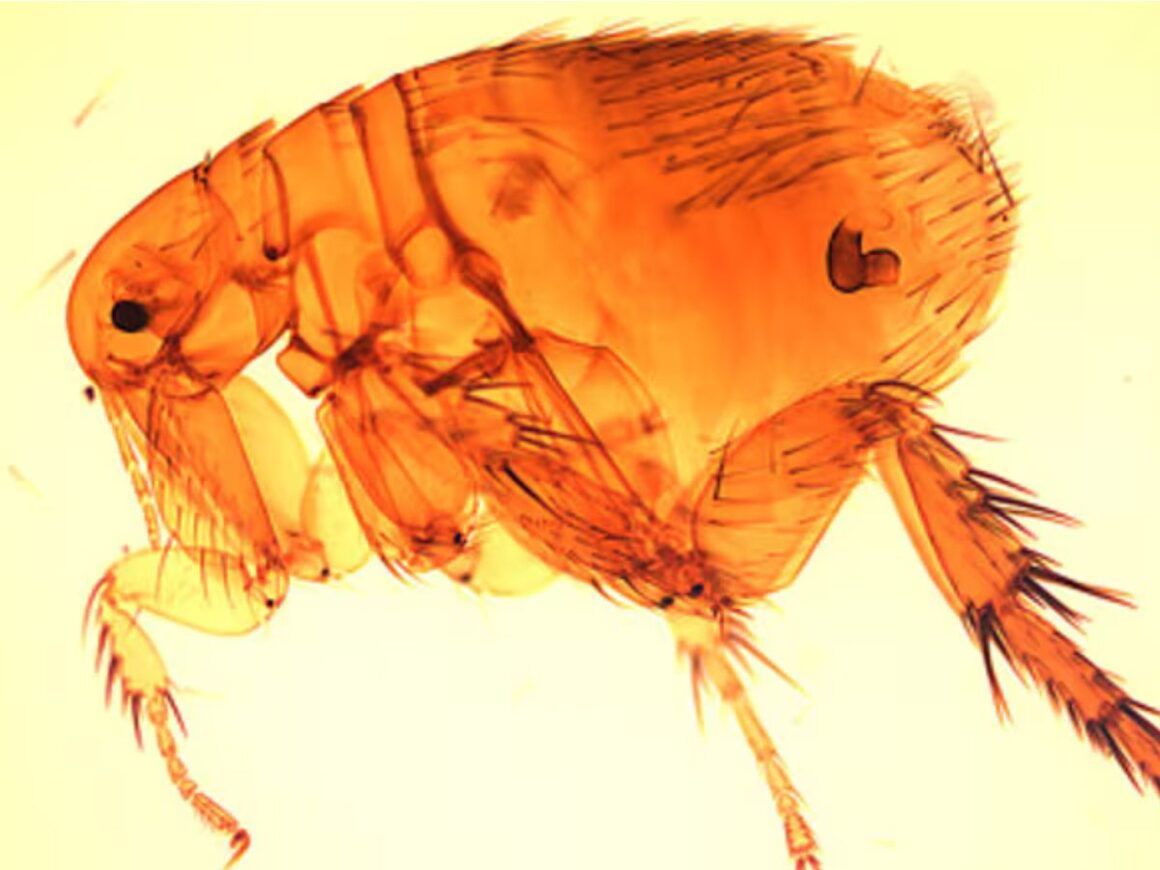New Delhi, October 14: A 75-year-old man from Kerala who recently travelled to Vietnam and Cambodia on Friday (October 11) diagnosed with the bacterial disease murine typhus.
After completing his trip, the patient sought medical attention on September 8, complaining of body pain and fatigue. Tests for rat-induced and flea-borne diseases were inconclusive. Although it found that his liver and kidney functions were deteriorating.
After considering his travel history, the doctors suspects his ailment to be a case of murine typhus. This marks the first case of the rare disease reported in the state.
Let’s Understand This Disease
A recent case of murine typhus in Kerala has brought this rare bacterial disease back into the spotlight. While not as common as other infectious diseases, murine typhus can pose a serious health threat if left untreated. In this article, we talk about the details of this disease, its symptoms, causes, and prevention strategies.
What is Murine Typhus?
Murine typhus, also known as endemic typhus or flea-borne typhus, is a bacterial disease transmit to humans through the bite of infectious fleas. These fleas are typically found on rats, hence the name “murine.” While the disease is rare in many parts of the world, it remains a concern in regions with high rat populations and poor sanitation conditions.
Symptoms of Murine Typhus
The symptoms of MT often appear within a week of the flea bite. They may include:
— High fever
— Headache
— Body aches and pains
— Chills
— Nausea and vomiting
— Rash
— Confusion or delirium
In severe cases, MT can lead to complications such as pneumonia, meningitis, and heart problems.
Causes of Murine Typhus
The primary cause of MT is the bacterium Rickettsia typhi. This bacterium is transmit to humans through the bite of infectious fleas, which typically feed on rats. The disease is more prevalent in areas with high rat populations, poor sanitation, and overcrowding.
How To Stay Safe?
Preventing MT involves a combination of measures aimed at reducing exposure to infected fleas and controlling rat populations. These measures include:
Pest control: Regular pest control measures can help reduce rat populations and the number of infected fleas.
Personal protection: Wearing long sleeves, pants, and insect repellent can help prevent flea bites.
Environmental sanitation: Maintaining good sanitation practices, such as eliminating garbage and clutter, can help reduce the number of rats and fleas.
Vaccination: While there is no specific vaccine available for murine typhus, vaccination against typhus can provide some protection against related diseases.
Read Also – How to Spot the Early Signs of Skin Cancer
Treatment for This Disease
If you suspect that you may have murine typhus, it is important to seek medical attention immediately. The disease can be treated with antibiotics, which can help shorten the course of illness and prevent complications. Early diagnosis and treatment are essential for a favorable outcome.

